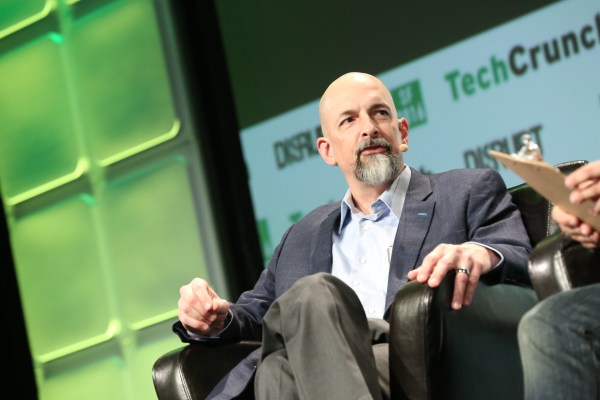There are three types of science fiction (in my view): crap, serialized crap and hard-science science fiction. The last type contains a wealth of visions of the future, many of which we enjoy today, and is referenced in the names of, or has influenced, many tech startups and world-class entrepreneurs.
When I started fashionmall.com in 1993, there were few people trying to commercialize the newly born web, and widely conflicting views on how, or even if, it could be done. A single science fiction paperback preemptively helped me understand how the web would evolve — without it, I may not have been able to take my company public six years later.
At the time, most assumed the web would be a great egalitarian community where everything was equal, just a click away. If you built it, they would come. When I read Neal Stephenson’s Snow Crash (a book I later learned Reid Hoffman and Peter Thiel spent a weekend discussing before PayPal was created), I saw a more geographic metaphor; one where the point of entry was the most valuable land and the further away you were from that point, in a series of single clicks, the more remote and barren your neighborhood would be.
Based on that insight, I spent two years negotiating deals with what would later be called portals; eventually landing AOL, Excite, Yahoo, Netscape, Microsoft and others. We ultimately became larger than most of them combined for the categories we focused on, became a portal in our own right and took the company public — aided in part by the vision from one book.
It’s not just the SciFi of the past that has so exceptionally helped envision the present, but the continuous flow that helps us imagine the future.
SciFi, fantasy, D&D and comics are a common root interest in founders and funders alike, and I’d argue they are interests we cannot afford to lose. They show us visions of the future we sometimes go on to build, or that we seek to fund. Charles Stross’s writing on gaming economics, AR and VR has ideas embedded within it that are better than most startup pitches I see. Diamond Age from Stephenson remains the most compelling edtech startup concept never built. Mother of Storms from John Barnes predicted global warming impacts, patent trolls, citizen journalism and private satellite launches far before they became even remotely early ideas for most.
Even China has figured out the importance of SciFi to success. Neil Gaiman recounts a conversation he had with a Chinese party official during their “first-ever state-sponsored science fiction convention in 2007,” when he asked why the event was being held:
For years we’ve been making wonderful things. We make your iPods. We make phones. We make them better than anybody else, but we don’t come up with any of these ideas. So we went on a tour of America talking to people at Microsoft, at Google, at Apple, and we asked them a lot of questions about themselves, just the people working there. And we discovered they all read science fiction… so we think maybe it’s a good thing.
Ten years later, China’s movement into creating instead of just making is noticeably successful. While I am not claiming SciFi alone is to credit, one can assume it was additive.
Tech entrepreneurs, aspirants and funders need to read, yet few continue to, even if they did in their youth. It’s not just the SciFi of the past that has so exceptionally helped envision the present, but the continuous flow that helps us imagine the future.
Every few weekends I walk to the library and check out all the new science fiction titles I find. Some suck. Some I put down after a few chapters. Some are just simple pleasures. But some make me see and think differently. Some give me a window into the future that I store in my mind and sometimes seek out in startups.
I once heard that when NASA gets new images back from space probes they gather a group to review them — including several hard-science science fiction writers — ahead of even many of their own team. These authors spend their lives studying science and writing about what they envision the future can become. I think that justifies a few weekend hours of time from those of us committed to building that same future to learn from their life’s work.
